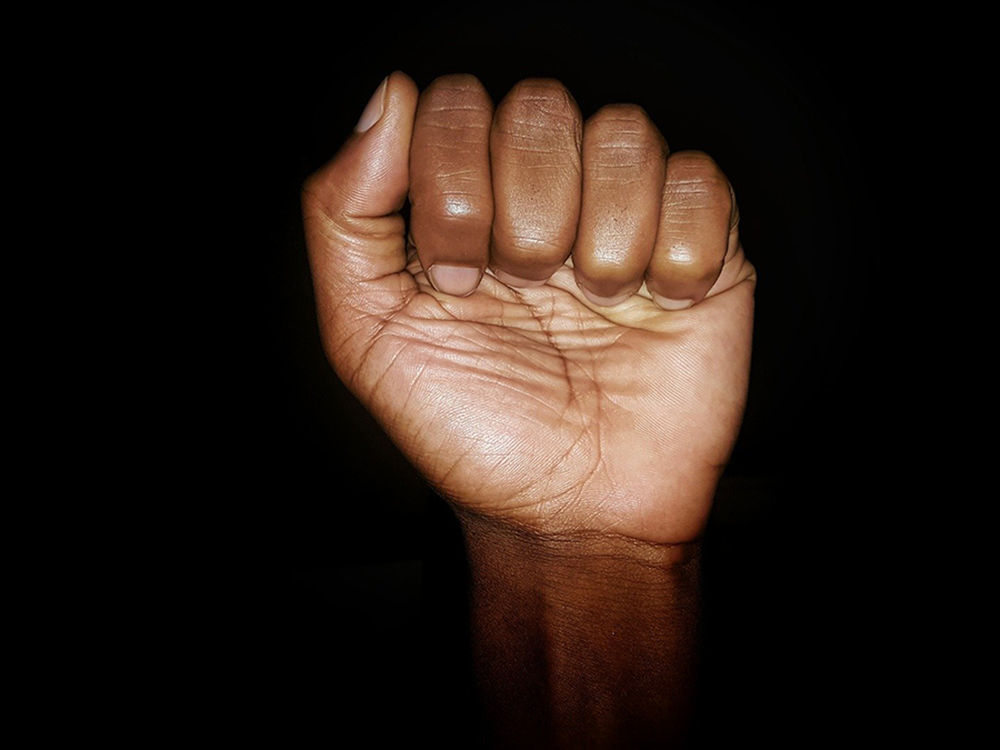Well, if one really wishes to know how justice is administered in a country, one does not question the policemen, the lawyers, the judges, or the protected members of the middle class. One goes to the unprotected—those, precisely, who need the law’s protection most!—and listens to their testimony. Ask any Mexican, any Puerto Rican, any black man, any poor person—ask the wretched how they fare in the halls of justice, and then you will know, not whether or not the country is just, but whether or not it has any love for justice, or any concept of it. It is certain, in any case, that ignorance, allied with power, is the most ferocious enemy justice can have.
– James Baldwin from No Name in the Street (1972)
Baldwin is asking us to hear the stories of people, particularly those who are not powerful, in order to step into their experience and learn about justice in the United States. Our wellness as a nation that upholds the ideal of justice, is contingent on the wellness of individuals who do not experience equal justice.
If you are powerful, he suggests, you do not necessarily have to pay attention to other voices. You do not have to remove the ignorance from your view of the world. You can choose to see whatever you want to see and avert your gaze from things you don’t want to look at or experience. This is not an option for people of color or low-income Americans. Langston Hughes suggests that “we black are wise” to the metaphor of Justice being blind.
By maintaining power coupled with “ignorance,” something that listening to the perspectives of the unprotected would eradicate, we encounter “the most ferocious enemy justice can have.”
Elsewhere, Baldwin also writes of his love for America:
I love America more than any other country in the world, and, exactly for this reason, I insist on the right to criticize her perpetually.
Notes of a Native Son (1955).
I too am grateful for this country, most especially for the sense that our ideals are still unrealized though we are in an enduring quest to reach them.
Perhaps as citizens we can start (or reanimate) our social justice journey by understanding that we have areas of ignorance. As curious and compassionate people, we can start to ask those in our lives that do not experience justice to tell us their story. And perhaps that story might bring some critical action steps towards engaging in the ongoing US struggle “for liberty and justice for all.”




